Western Bulk Herbs – Red Raspberry Leaf
The red raspberry leaf has been used in folk remedies, due to its rich content in vitamins, minerals, and tannins. Red raspberry leaves have been used for many years dating back to the ancient Greeks and Romans. Some of the illness they used red raspberry leaves to treat included the flu, gum disease, rubella, upset stomach, hangovers, diarrhea, fevers, vomiting, menstrual problems, and inflammation. It also regulates the menstrual cycle and relives the symptoms of PMS. Raspberry leaf tones the uterus and helps prevent miscarriage and postpartum hemorrhage from a relaxed or atonic uterus.
Amazingly, the raspberry leaf tastes very much like the berries of this well-known garden herb. It’s a favorite choice among our customers who are looking for something earthy-sweet that is of general benefit.
Latin Name:
Rubus idaeus
Common Names:
Red raspberry leaf
Parts Used:
Leaf
Properties:
Astringent and stimulant
Traditional Uses:
Red raspberry leaf has a wide reputation as a female tonic for relieving excessive menstrual bleeding. For pregnant women, it is used to relieve nausea, prevent nausea, prevents spotting, to tone the uterus in preparation for childbirth and to reduce the pain of childbirth.
Because of its widespread availability in pleasantly flavored teas, the astringent leaves are administered to children to treat diarrhea, flu, and vomiting.
Chemical Properties:
The Raspberry contains a crystallizable fruit-sugar, a fragrant volatile oil, pectin, citric and malic acids, mineral salts, colouring matter and water. The ripe fruit is fragrant, subacid and cooling: it allays heat and thirst, and is not liable to acetous fermentation in the stomach.
Folk Lore:
The leaves, combined with the powdered bark of Slippery Elm, make a good poultice for cleansing wounds, burns and scalds, removing proud flesh and promoting healing.
An infusion of Raspberry leaves, taken cold, is a reliable remedy for extreme laxity of the bowels. The infusion alone, or as a component part of injections, never fails to give immediate relief. It is useful in stomach complaints of children.
Raspberry Leaf Tea is valuable during parturition (the action or process of giving birth). It should be taken freely and warm.
Cautions:
None at this time.
*Disclaimer: These statements have not been evaluated by the Food and Drug Administration. This product is not intended to diagnose, treat, cure or prevent any disease.
Resources:
PDR for Herbal Medicines, 2000. Medical Economics Company, Montvale, New Jersey.
The New Holistic Herbal. David Hoffmann, 1990. Barnes and Noble Books, New York.
A Modern Herbal, Mrs. M. Grieve, (Dover Publications, New York, 1971)
Major Herbs of Ayurvedic.Compiled by Dahur Research Foundation and Dahur Ayurvet Limited, Ghaziabad, India., 2002. Churchill Livingstone, London, England.
Chinese Herbal Medicine: Materia Medica, Third Edition, Dan Bensky and Andrew Gamble, 1986. Eastland Press, Seattle, WA.
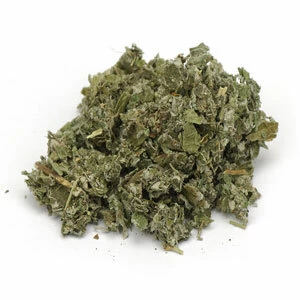
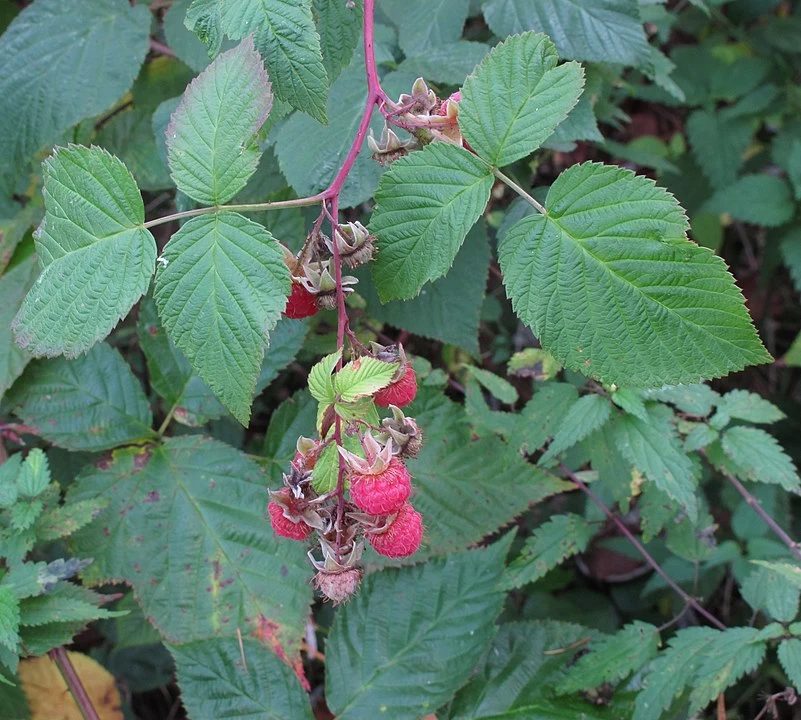
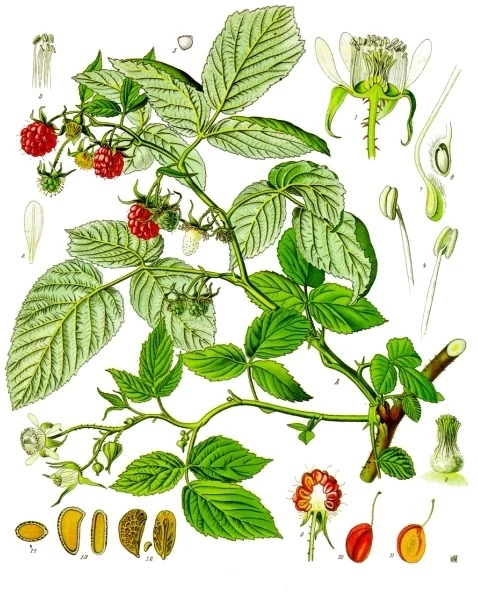
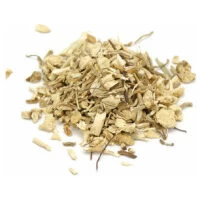
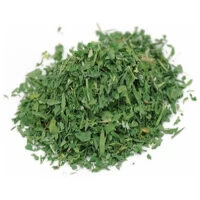
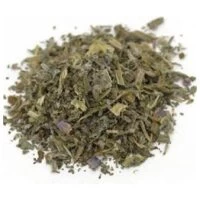
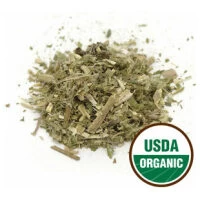
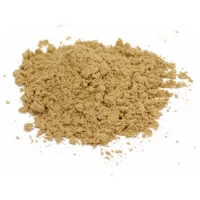
Reviews
There are no reviews yet.